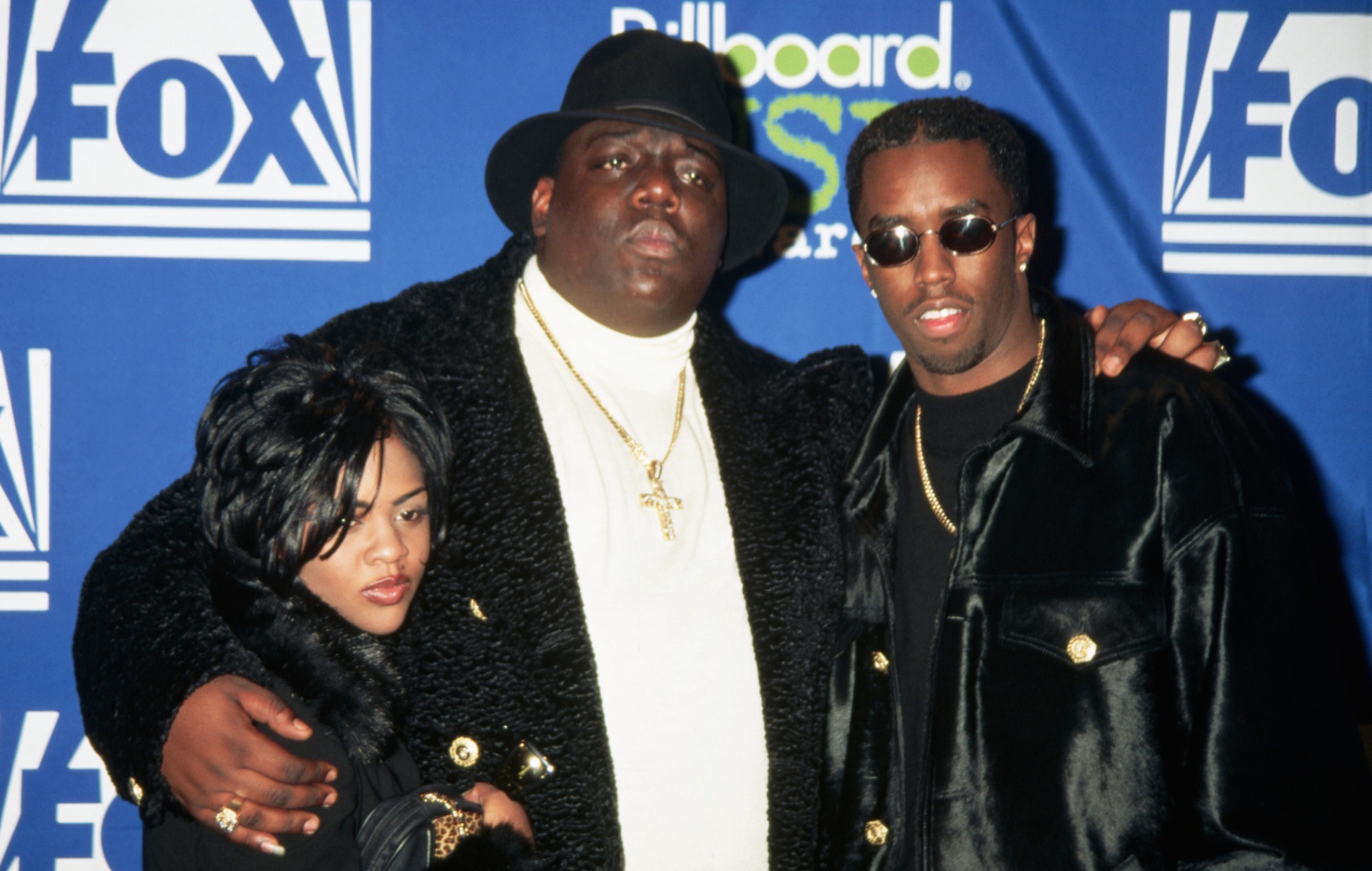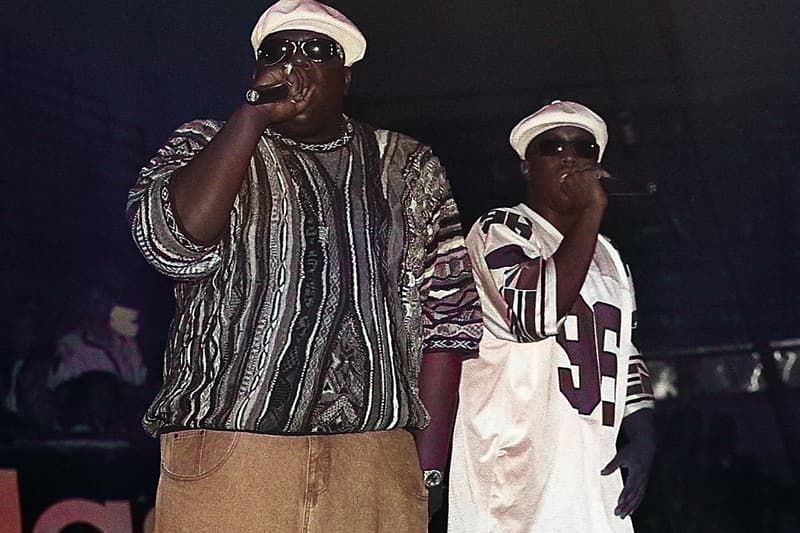In recent weeks, the music industry has been rocked by allegations surrounding
Sean “Diddy” Combs, sparking a cascade of rumors and questions about his
relationships and influence over his artists. The conversation has taken a particularly
provocative tur, with discussions about the sexuality of not just Diddy, but also the
late Notorious B..G., whose career trajectory has come under scrutiny since the
emergence of these claims.
For decades, the hip-hop community has whispered about Diddy’s private lfe and
his alleged connections to the LGBTQ:+ community. The idea that Diddy might have
played a role in shaping Biggie’s persona—especially concerning his sexuality—has
gained traction, leading many to revisit lyrics and behaviors from the past, When
Biggie first burst onto the scene in the early 1990s, he was often seen as the
quintessential “hard” rapper, yet many have suggested that his demeanor shifted
significantly after his association with Diddy.

Biggie’s signing with Diddy’s Bad Boy Records in 1993 marked a tuming point in his
career. As fans scrutinized his music, they began to notice an influx of lyrics that
seemed to flirt with themes of sexuality. This shift became particularly evident in
songs like “Me and My Bitch.” where Biggie’s lyrics contained references that some
interpreted as homophobic slurs, yet were layered with complex meaning. Critics
point out that such lyrics might not just be casual bravado but could hint at a
deeper exploration of identity influenced by Diddy and his circle.
Moreover, as Biggie ascended to fame. he found himself surrounded by individuals
known to be part of the LGBTQ+ community. Figures like Mr. C. a prominent DJ who
was openly bisexual, played a significant role in Biggie’s early career, further fueling
speculation about his sexual identity. Notably, Lif Kim. a close friend and
collaborator, shared anecdotes about Biggie’s free-spirited nature, including stories
about him dancing naked without a care in the world. These glimpses into Biggie’s
personality challenge the stereotypical image of a hard rapper, prompting
discussions about the pressures of masculinity in the hip-hop genre.
The dynamic between Diddy and Biggie has often been analyzed through a lens of
manipulation and control. Many speculate that Diddy may have sought to mold
Biggie into a version of himself, which, in the context of the current allegations,
raises questions about the integrity of their relationship. Critics have argued that
Diddy’s infamous parties, known for their hedonistic atmosphere, served as a
breeding ground for questionable encounters, especially for young, impressionable
artists looking for guidance in an industry fraught with challenges.
Exhibit, a fellow rapper, recounted an unsettling experience at one of Diddy’s
parties where he found the atmosphere overwhelmingly strange. His description of
witnessing openly intimate encounters between men at the gathering left him
feeling uneasy and questioning the true nature of Diddy’s social gatherings. This
incident highlights a broader concen regarding the safety and well-being of artists
who may have felt pressured to conform to Diddy’s world.
The implications of Diddy’s alleged behaviors extend beyond mere gossip: they
evoke a deeper conversation about power dynamics within the music industry. As
more stories emerge about artists who were allegedly coerced into uncomfortable
situations, the fear of losing a career often silences potential whistleblowers. The
notion that an artist must navigate these treacherous waters for success sheds light
on the darker side of fame.
In light of the ongoing discourse, it’s essential to approach Biggie’s legacy with
nuance. The suggestion that he may have been influenced or “tured” by Diddy
prompts a reflection on how artists express their identities within the confines of
societal expectations, Lyrics that contain ambiguous references to sexuality can be
interpreted in myriad ways, leading to heated debates about their true meaning

While some may argue that Diddy’s influence on Biggie was manipulative. others
contend that the rapper’s exploration of his identity through music was a testament
to his artistry. In an era when hip-hop often champions hypermasculinity, Biggie’s
willingness to blend themes of sexuality into his work could be seen as
revolutionary, albeit complicated.
Uttimately, the conversation surrounding Diddy and Biggie serves as a microcosm
of broader societal issues, including the stigma surrounding LGBTQ+ identities and
the pressure for artists to conform to certain narratives. As the music industry
grapples with these allegations, it becomes increasingly clear that change is
necessary—not only for the individuals directly involved but for the culture at large.
In conclusion. the allegations against Diddy and the discussions about Biggie’s
sexuality remind us that celebrity culture often obscures deeper truths about
identity and power. As we continue to unpack these stories, it’s crucial to approach
them with empathy, recognizing the complex realities that exist behind the scenes.
The fallout from this scandal may very well shape the future of the industry,
prompting a reevaluation of how we view fame. influence, and the personal lives of
our artists.
